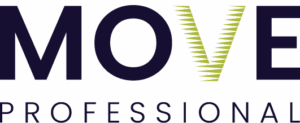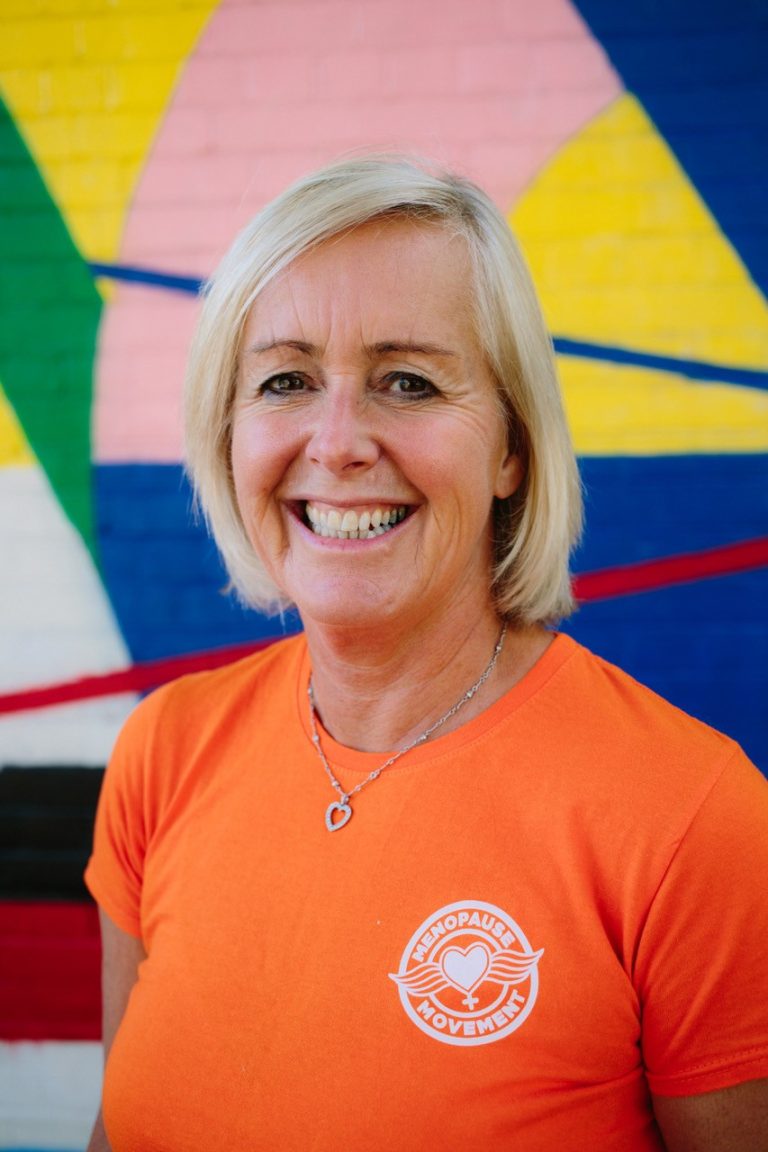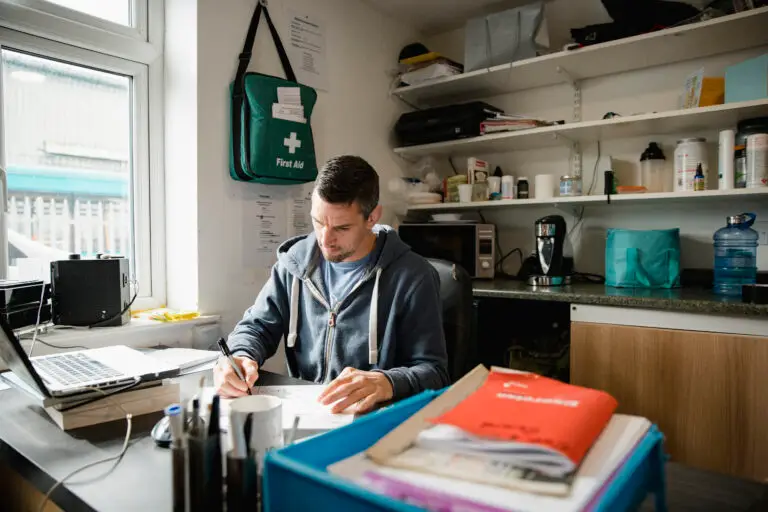Recognising professional excellence
Professional status will be a game-changer for professionals working across the sector. As we prepare for its launch at the end of the summer, CIMSPA Chief Strategy Officer Spencer Moore takes a look at why professional status matters to you.

If you’re a professional working in any role in our sector you’ll be no strangers to the challenges of staying current, credible and competitive. As our sector continues to mature and gain recognition for its contribution to public health, education, the economy and wellbeing, so too must the standards and systems that define professional excellence within it.
That’s where professional status and recognition comes into play. Designed with input from across the sector and aligned with models from other respected professions, this development is a game-changer for practitioners who want their expertise, experience and values to be officially recognised and rewarded.
But what exactly does professional status mean in this context? And how can it support your career, your reputation and the future of our sector?
Here’s what you need to know.

What is professional status and why is it relevant now?
At its core, professional status is about formal recognition. It’s a designation that says “this person meets the standards of knowledge, skill, and conduct expected of a competent, trusted professional.”
In sectors like healthcare and medicine, engineering and law, professional status has long been a benchmark for and check of quality and reliability. Now, we’re embedding that same principle within the sport and physical activity workforce, offering a structured route for professionals to gain status that reflects their contribution and capability.
This isn’t just a badge, it’s a meaningful indicator of your place within a profession that is increasingly central to national priorities like physical and mental health, community cohesion and economic growth.
The professional status accreditation framework looks at four key elements:
Knowledge
Your education, qualifications and training demonstrate a baseline of competence and understanding in your role.
Experience
Years on the job count, but more importantly, so does how you’ve applied your learning in real-world contexts and grown your own capabilities with specialist knowledge and expertise.
Standards
Professional status isn’t just about what you know, but how you work. Adhering to the sector’s professional standards shows that you deliver services effectively.
Continuous Professional Development (CPD)
The best professionals never stop learning. A commitment to CPD shows that you’re actively engaging with the evolving demands of clients and employers and that you’re investing in your own growth.
The result? A recognition system that reflects the full picture of your professional journey, not just a single qualification or job title.
What this means for you
So, why pursue CIMSPA professional status?
Career progression – Whether you’re seeking new opportunities, aiming for promotion or transitioning into a leadership role, professional status strengthens your profile and signals to clients, employers, deployers and professionals in allied sectors such as healthcare, that you’re a high-calibre professional.
Credibility and trust – It sets you apart in a competitive job market. It shows clients, colleagues and stakeholders that you meet nationally recognised benchmarks.
Pride and identity – Being recognised as a professional enhances your confidence, reinforces your commitment to the sector, and gives you a clear place within a national community of practice.
This isn’t just about your individual development. It’s part of the sectors wider vision for recognition of the value that professionals add to individuals and communities. By raising standards and recognising excellence across the workforce, the whole sector becomes stronger, more respected and better prepared to meet future challenges particular in relation to addressing the health and wellbeing challenges that the country faces.
‘More Than’ a title
By embracing professional status, you’re joining a growing network of practitioners who are helping redefine what it means to work in sport and physical activity. You’re contributing to a culture that values quality, progression and impact on the health and wellbeing, economic prosperity and social development of people and communities.
As policy, funding and employer and client expectations evolve, being able to demonstrate your professional status could be the difference between standing out and being left behind.
Professional status will enable you to be recognised at every stage of your career. Whether you’re just starting out, a practitioner working with particular participant groups or an experienced manager there’s a professional status that matches and recognises your development and ambition.
Professional status will launch later this Summer and you’ll find more information on the CIMSPA website in coming weeks.
The message is clear. Our sector workforce deserves recognition, and that includes you. With professional status framework, we’re finally building a workforce infrastructure that recognises the depth, diversity and dedication of those who make sport and physical activity a vital force for good. Don’t miss your opportunity to be part of it.










